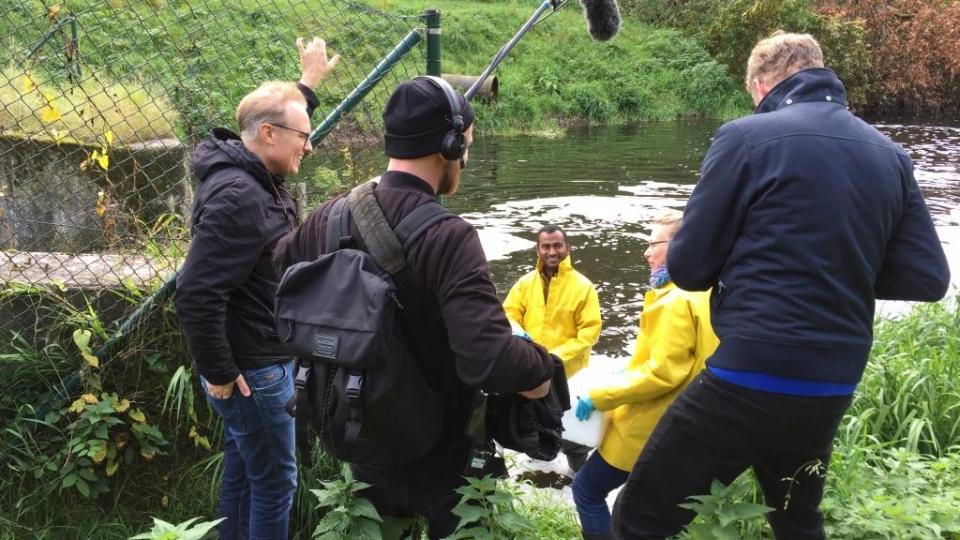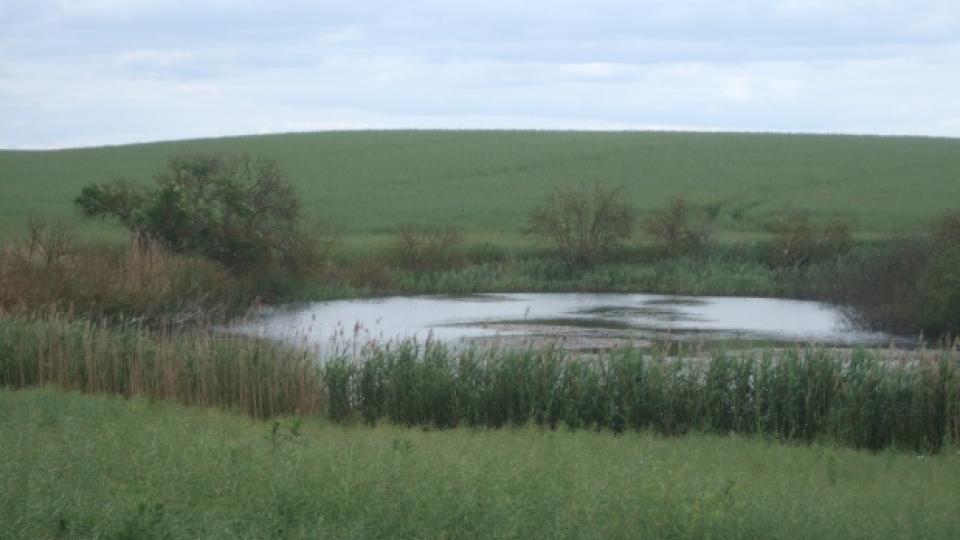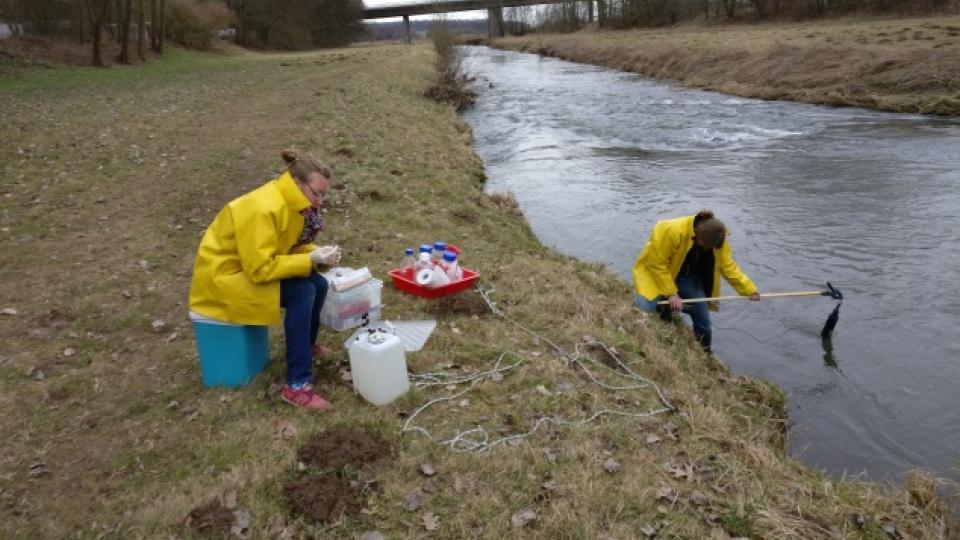ANTIRES
Projektsteckbrief
Laufzeit
Background
A rapidly increasing threat is arising from antibiotic resistant pathogens and their growing global circulation that affects all areas of human life. This threat is further afflicted with a drastic lack of (new) effective drugs as well as insufficient preventive and diagnostic possibilities. ANTIRES (Unravelling the transmission of antibiotic resistances in waste water by integrated multi-omics approaches) is a cooperative cluster between academic partners in Greifswald, Göttingen and Berlin and experts at Analytik Jena AG, Jena. Within this project we will examine the distribution of antibiotics and antibiotic (AB) resistances in municipal wastewaters and inland waters. In close cooperation with experts from Analytik Jena a new chip based tool for the analysis of antibiotic resistances will be developed. ANTIRES is part of the BMBF consortium ‘InfectControl 2020’ of representatives from enterprises and academia that jointly aims at developing solutions regarding these problems on a national and global level (http://www.infectcontrol.de/de/antires.html).
Goal
The extensive use of AB in human and veterinary therapies, agriculture and aquaculture as well as their disposal from medical centres is continuously increasing. Antibiotics are discharged through the waste water systems into the environment. However, the extent to which antibiotics enter and contaminate the environment is currently unknown. Within this subproject we are focusing on antibiotics in aquatic systems (waste water and inland waters) and its impact on carbon and microbial dynamics. The impact of the imported ABs on aquatic microbial community and related ecosystem function such as carbon turn-over and greenhouse gas emission is still unknown and in its infancy. Studying the effects of antibiotics on aquatic ecosystems and the ecosystem’s responses, especially biogeochemical processes, should enhance our understanding of the interplay between structure and function. Moreover, it will also improve our understanding of general ecosystem functions and the importance to protect natural systems against anthropogenic impact such as antibiotics.

Television is interested in ANTIRES. | Photo: Katharina Bunk / IGB

Foto: Katrin Premke / IGB

ForscherInnen bei der Probennahme. | Foto: Katrin Premke / IGB
German Ministry of Education and Research (BMBF)

